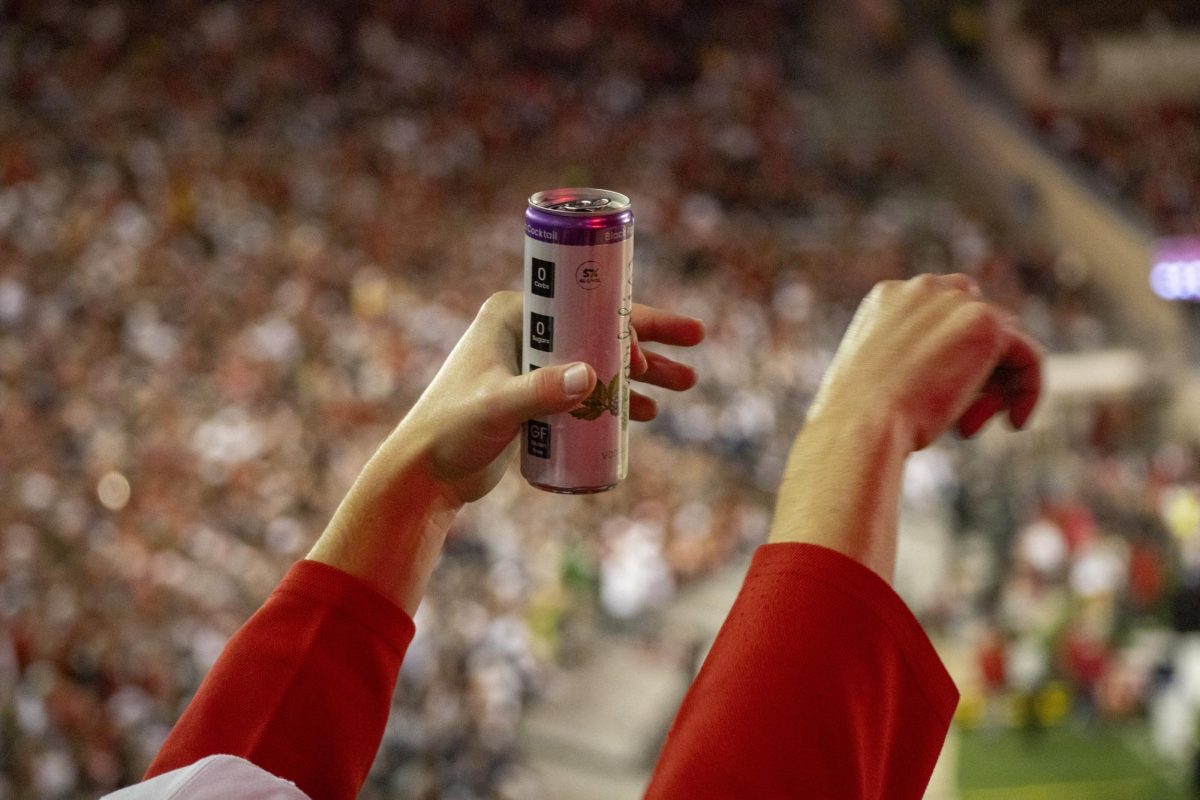University of Wisconsin students held a press conference Wednesday to draw attention to the impact of extreme heat on incarcerated individuals in Wisconsin prisons.
The press conference featured remarks from Wisconsin Transformational Justice Campaign Coordinator at WISDOM Mark Rice, Associate Director of JustDane Shar-Ron Buie and community organizer with MOSES James Morgan.
UW senior Cosette Coutts organized the press conference along with her classmates as a part of the Environmental Studies capstone course “Building Resistance to Heat,” with their group focused on exploring incarceration systems in Wisconsin.
Coutts opened the conference and explained that prisons in Wisconsin with air conditioning report keeping their temperatures between 80 and 84 degrees, compared to Massachusetts, where prisons report keeping cells at about 68 degrees, Coutts said.
Coutts said Wisconsin’s prison population is 22,896 people, but its justice system is designed to hold only 17,633. Overcrowding in prisons, combined with the heat, has negative effects on incarcerated people’s physical and mental health.
“We believe existing prisons and jails need to be kept at temperatures that ensure the safety and well-being of both the staff and incarcerated individuals,” Coutts said. “If the state decides to build a new prison or jail, there must be certain standards in place that ensure access to air conditioning.”
Buie classified temperature regulation in prisons as a matter of public health, adding that for every 10-degree increase above average, deaths in prisons rise by over 5 percent.
Investing in adequate climate control systems in prisons is a cost-saving measure in the long term, Buie said. Health complications resulting from excessive heat place a preventable burden on the healthcare infrastructure and limit public resources, Buie added.
Buie urged the Wisconsin Department of Corrections to implement immediate changes, such as installing modern air tempering systems in all state correctional facilities, establishing standardized, safe temperature ranges and prioritizing vulnerable populations.
“This is not about luxury. They are necessities that reflect our collective commitment to justice, safety and the judicious use of taxpayer dollars,” Buie said. “Just remember that how we treat the least among us speaks volumes about our society as a whole.”
Rice, who said he spent almost three years in the Wisconsin state prison system, described the heat in prisons as torture.
Rice said a vital step in saving lives in the prison system is advocating for state legislation to reduce the population of incarcerated individuals, something he urged state officials to prioritize.
“We’re calling on people to move this legislation forward at the state level,” Rice said. “It’s time to move forward common-sense legislation that will save lives, that will ensure that all people within the prison system are treated with dignity and respect.”








